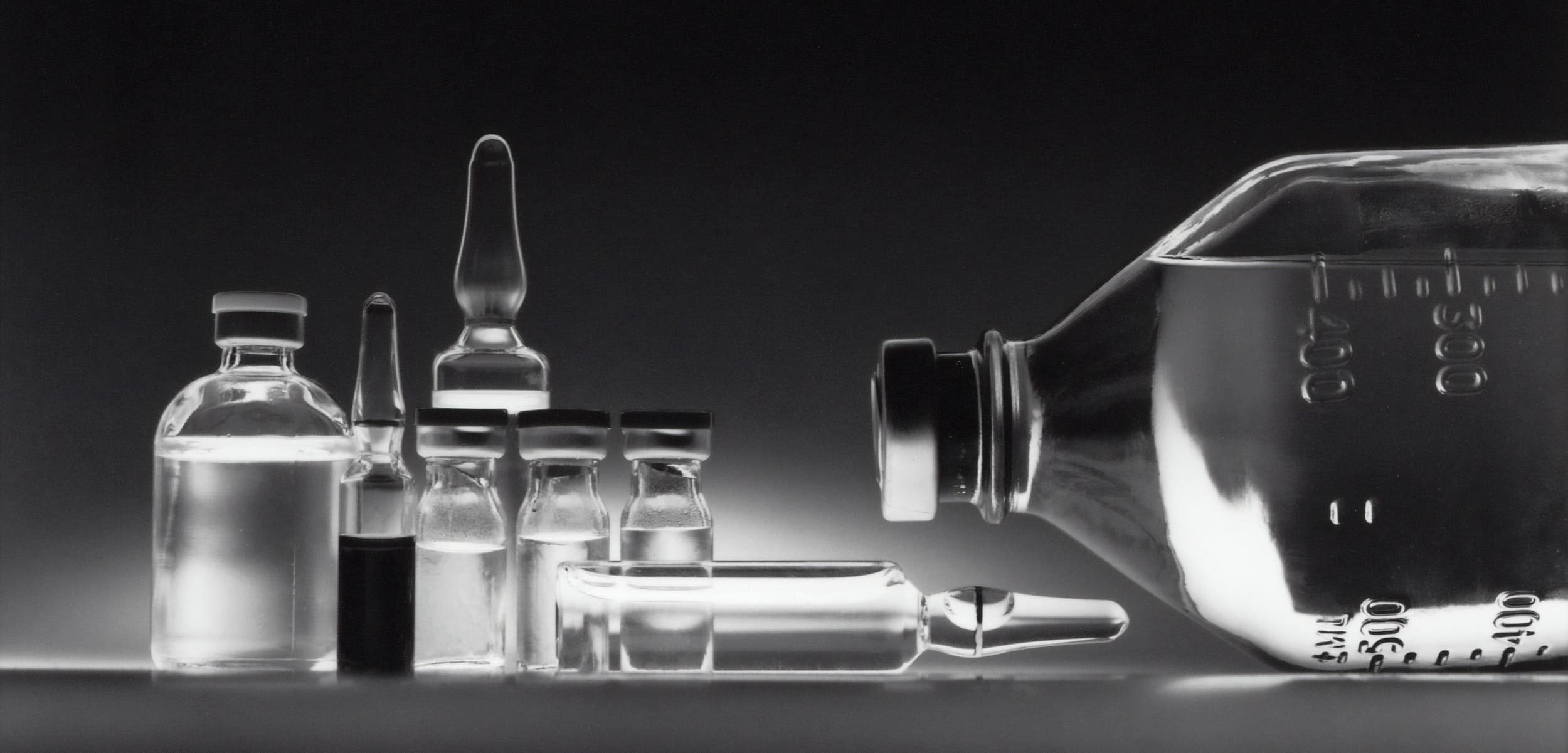The UK has a strong medical research community.
The country’s withdrawal from the European Union (EU) can therefore be expected to have implications not only for the UK, but also for EU science and health.To better understand the UK’s contribution to medical research and patient health in the EU, a new study was commissioned from the Technopolis Group by the UK’s eight research funders – Cancer Research UK, the Academy of Medical Sciences, Arthritis Research UK, the Association of Medical Research Charities, the British Heart Foundation, the Medical Research Council, MQ: Transforming Mental Health and Wellcome.
The evidence demonstrates that the UK is making key contributions to medical research and health across the EU. Some of the key findings include:UK medical researchers provide a significant number of the chairs and expert members of governing bodies, advisory groups and professional networks that direct EU research and guarantee its excellenceThe UK is training thousands of early career researchers from across the EU, who benefit from the combination of excellent science and education with an international orientation that helps launch their research careers and supply much of the top talentResearch groups in the UK and the EU benefit from collaborating with each other: publications with co-authors from the UK and the EU are cited more frequently than research papers co-authored with other international groups.
The UK hosts several of Europe’s major medical research facilities as well as providing Europe’s medical researchers with access to its national research infrastructure, much of which is unique and of global significanceThe UK is one of the most active participants in pan-EU clinical trials, especially in the areas of rare diseases and paediatric conditions, where small populations mean international clinical trials are especially important to progress.
The UK is at the centre of the development of new therapies and medical technologies that will benefit patients across the EU, with one of the biggest drug pipelines globally and having developed around 25% of the current top 100 prescription medicinesThe study gathered evidence from and analysed existing reports and EU and national databases, complemented by a programme of interviews with key experts based in EU countries.
A series of case studies illustrate the UK’s contributions to EU science and health in more detail.
Full report and more information available here.









